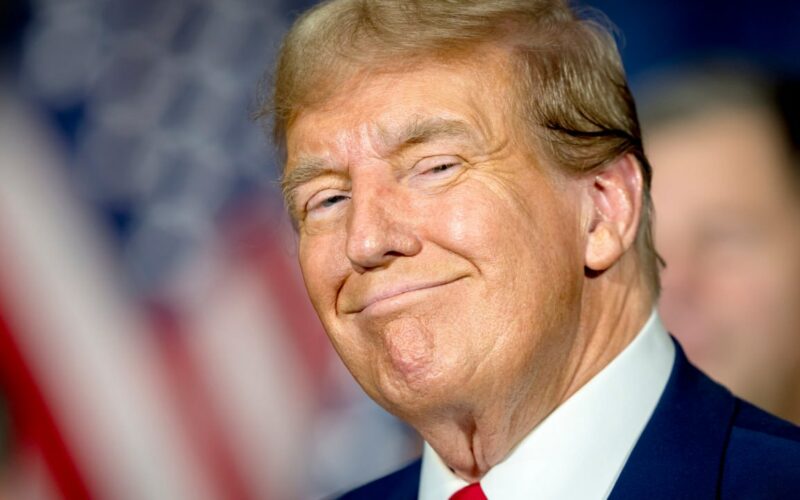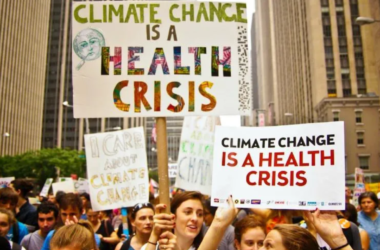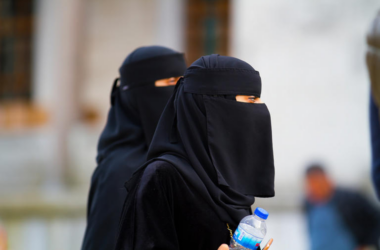The Supreme Court has ruled that former President Donald Trump has immunity from prosecution for certain actions related to his efforts to challenge the 2020 election results, complicating the ongoing federal case against him.
In a landmark decision on Monday, the Supreme Court ruled 6-3 that Donald Trump is immune from criminal prosecution for specific actions taken during his presidency while contesting the 2020 election. The ruling, which follows ideological lines, partially supports Trump’s defense against criminal charges brought by special counsel Jack Smith, who alleges that Trump attempted to subvert the election results and cling to power through fraudulent means.
Chief Justice John Roberts, writing for the majority, stated that former presidents enjoy “absolute” immunity from criminal prosecution for actions within their “core constitutional powers.” This decision effectively dismisses some central claims against Trump, including allegations that he misused the Department of Justice to bolster unfounded claims of voter fraud.
However, the ruling does not entirely absolve Trump, as it leaves several key issues unresolved and remands the case back to the trial court for further proceedings. U.S. District Judge Tanya Chutkan must now delineate between Trump’s official presidential acts and his personal actions as a candidate. This task is expected to extend the case’s timeline, potentially delaying any trial until after the upcoming election.
Chief Justice Roberts clarified that “unofficial acts” do not receive immunity, emphasizing the challenge Judge Chutkan faces in distinguishing Trump’s presidential duties from his campaign activities. This distinction is particularly relevant to Trump’s communications with then-Vice President Mike Pence and his attempts to influence state officials regarding their election results.
The Supreme Court’s decision introduces ambiguity concerning the extent of immunity for actions not explicitly covered by presidential powers under the Constitution. This ambiguity means that Chutkan must independently determine the nature of Trump’s acts, especially those related to the events leading up to January 6, 2021, and his efforts to overturn certified election results.
The ruling reflects a divided court, with the three liberal justices dissenting strongly. Justice Sonia Sotomayor, joined by Justices Elena Kagan and Ketanji Brown Jackson, criticized the majority opinion, describing it as “utterly indefensible” and warning of its potential adverse effects on the presidency and democratic processes.
“This majority’s project will have disastrous consequences for the Presidency and for our democracy,” Justice Sotomayor wrote in the dissent, highlighting the profound implications of granting such immunity.
The Supreme Court’s decision thus sets a complex stage for the trial court’s further examination of the case, which continues to generate significant legal and political debate as the nation approaches the next presidential election.








